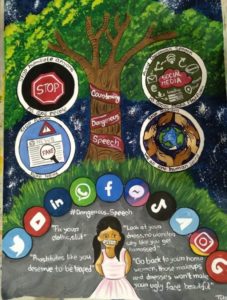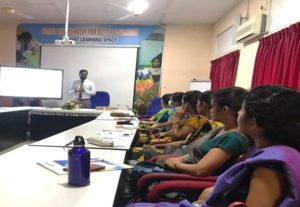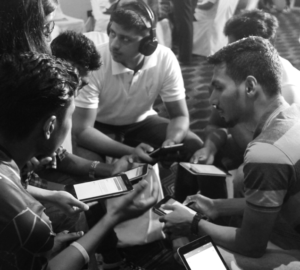Blog
Balancing between the right to freedom of expression and the fight against disinformation: Center for Media Research – Nepal
January 12, 2023 - Social media connects people on an unprecedented scale, creating a vast stage for sharing information and opinion. In Nepal, where almost one-third of the population is still not literate, the sudden increase in internet and mobile access brings both great advantages and new problems.
2022 was a big year for democracy in Nepal. Local, provincial, and federal elections were all held, building on the gradual progress since the country emerged from years of bloody and fractious civil war. These vital and fragile steps have been undermined by regular and widespread false reporting (or misinformation) and willful manipulation of facts (or disinformation).
Nepalis hold universal rights to freedom of expression, to hold opinions and to receive or impart information and ideas without interference by public authority. However, the exercise of this freedom to further social, economic, or political objectives without responsibilities can generate social tension, especially around elections.
Trishna Acharaya chairs the Center for Media Research in Nepal, one of many organizations trying to tackle this endemic problem. She finds these challenges to be especially severe given the country’s low literacy rate. The Center for Media Research seeks to ensure information integrity among internet content creators, working on a wide range of topics given the scale of the problem and its multifaceted nature. Its team of experts cover media research, policy research, press freedom and freedom of expression advocacy, combating misinformation through fact-checking, media and information literacy, and journalism training.
Do not spread false information: Bhojraj Pokharel, Former Chief of Election Commissioner
False information surrounding elections is especially damaging given its impact on a still-fragile political system, yet it is a huge challenge in other fields too. As an urgent response to pervasive misinformation related to the Covid-19 pandemic, NepalFactCheck.org was launched in March 2022 by the Center for Media Research along with Nepal’s most popular blog, Mysanar.com. With a strong social media presence, NepalFactCheck.org actively monitors online media to sift out fake and misinformed reporting.
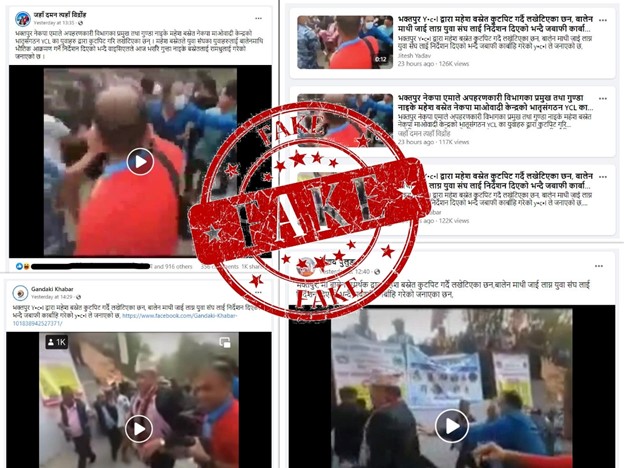
An example of fact checking during local elections in Nepal/ Source: https://nepalfactcheck.org/
The Center for Media Research also seeks to reach and support underserved people, those groups whose access to accurate information can be minimal. Many people can now access social media through smartphones, but they typically use social media, particularly YouTube and TikTok, for entertainment rather than information. “We think that contacting those individuals through the platforms and formats in which they are exposed to false information would provide us a special opportunity to encourage fact-checking and spread knowledge of information literacy,” said Ms. Trishna.
Supported by the Resiliency Initiative, NepalFactCheck.org has produced videos and used carefully selected social media channels to connect with their audience, raising awareness of information literacy and promoting fact-checking during the crucial pre-, during, and post-election period, when people pay close attention to the power dynamics.
According to Ms.Trishna, “people begin to see through which political party or which sector is making a lot of dots to generate hallucinations that will produce a huge impact to make the decisions that will even be reflected in the polling answer during the election season. Working to combat misinformation and disinformation is especially important at this time since political parties may have formed up online “cyber armies” to spread false information.”
The NepalFactCheck.org campaign generated 18 videos during the election periods, achieving the greatest reach and warmest response when they featured famous comedians and singers to get the message across. Overall, they engaged over 2 million viewers and received overwhelmingly supportive responses. Beyond these high-profile influencers, the campaign also interviewed journalists and election experts while its parent organization, the Center for Media Research, offered training and other support to enable better media coverage of current affairs.
With the mission of advocating for and supporting freedom of opinion and expression, and of enabling all Nepalese citizens to access accurate information without barriers or fear, The Center for Media Research ultimately aims to generate a more ethical and professional media environment in Nepal which aids the ongoing process of democratization.
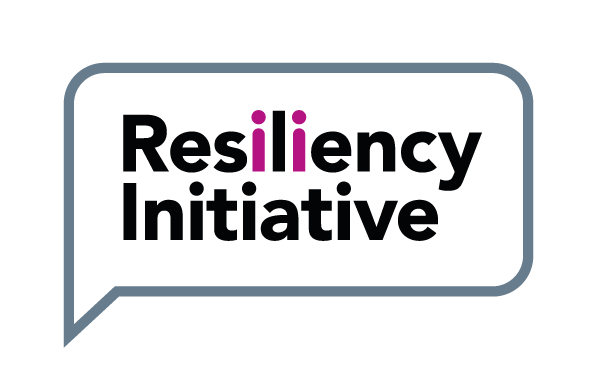


 Back
Back
